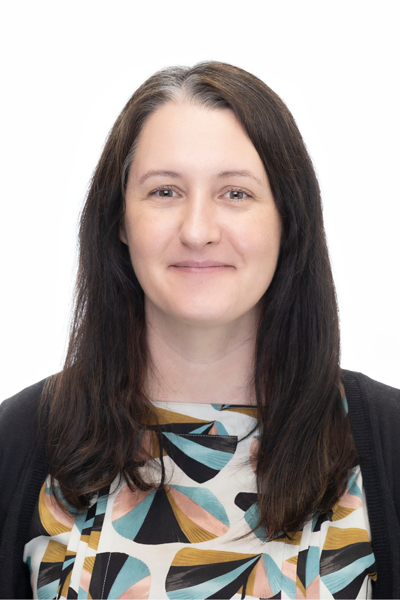- Foreword
- Message from Board Chair & Chief Executive
- 2023 Clinical Research Fellowships
- A message from the RBWH Foundation
- A message from The Common Good
- Metro North Research Excellence Awards
- Research stories
- ICU of the Future
- New approach ruling out pulmonary embolism
- Improving access to healthcare in the prison environment
- Safety and efficacy of peripheral versus centrally administered vasopressor infusion
- COVID-19 learnings set to inform future policy
- Telomere study could provide key to treating debilitating lung disease
- Productive Ward – Releasing time to care
- Brain organoids to revolutionise epilepsy treatment
- Reducing weight stigma in maternity care
- Parkinson’s Disease Check-In program giving people a voice
- Trial brings new treatment for common heart condition
- Teledentistry study shows promise in residential aged care
- Research fellow to boost Oral Health evidence-based care
- Study explores best approach to surgery for painful shoulder osteoarthritis
- The development and pilot testing of a stroke telerehabilitation decision toolkit
- Metro North Health delivers world-first breast scaffold surgery
- Regenerative jawbone hard at work care of collaborative Metro North Health approach
- Jamieson Trauma Institute leads e-scooter and e-bike injury research to drive community safety
- Forgotten fathers in pregnancy and obstetrics
- Putting the Spotlight on nursing and midwifery research
- Improving the health self-efficacy of stroke survivors
Improving the health self-efficacy of stroke survivors

Dr Sarah Wallace is helping improve outcomes for stroke survivors
Of the 27,000 Australians who survive a stroke each year, a third lose the ability to communicate effectively using language, a devastating condition called aphasia.
Aphasia not only impacts on a person’s ability to express themselves through speaking or writing but also on their ability to comprehend language. Aphasia is a chronic condition with over 60 per cent of stroke survivors experiencing ongoing language impairment one year following their stroke.
Having aphasia can also impact a person’s digital access. People may experience difficulties with everyday online activities such as using a search engine, reading a webpage, and filling out an online form. As many healthcare tools are now online (bookings, health information, support groups), those with aphasia are at high risk of digital exclusion.
Dr Sarah Wallace from the Queensland Aphasia Research Centre (QARC), a UQ centre based at the Surgical, Treatment and Rehabilitation Service (STARS) in partnership with Metro North Health, is leading a study to address the issue.
The Bridging the Digital Divide study aims to improve the health self-efficacy of those with chronic aphasia through the development of a novel, multi-component intervention Communication Accessibility Plug-in Pack, otherwise known as a CAP Pack.
Improving a person’s access to online healthcare, information and support empowers individuals to actively participate in and take responsibility for the management of their health.
The CAP Pack will consist of:
- CAP software that re-renders website content to meet individual communication requirements and supports information seeking through a recommender system.
- A decision-making tool and training package for health professionals to customise CAP and train people with aphasia to use it.
- Guidelines for communication-accessible website design that increase knowledge and awareness of communication-access needs.
To ensure the needs of those with aphasia are met, the research team includes Chief Investigators Phil Jamieson and Kim Barron who both have lived experience with aphasia. Both also have extensive industry expertise in technology, communications, and industry collaborations and are advisors for the Aphasia Tech Hub.
It is hoped that the CAP Pack will not only assist those with aphasia but will also have the potential to support those who live with a range of communication and cognitive impairments (e.g. dementia, traumatic brain injury, dyslexia) both in Australia and internationally.
The Bridging the Digital Divide study is funded by a Medical Research Future Fund Consumer-Led Research Grant.
